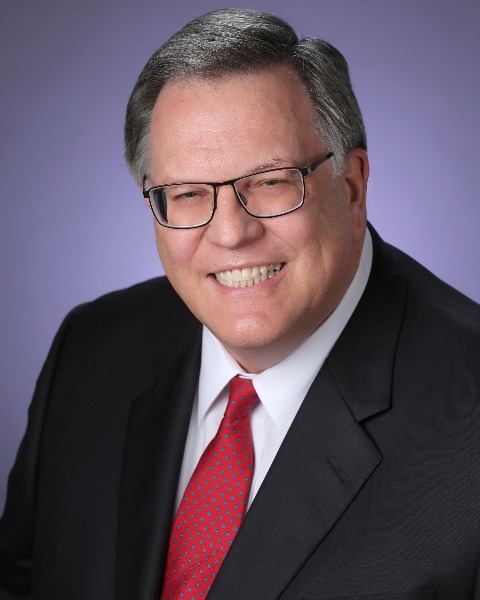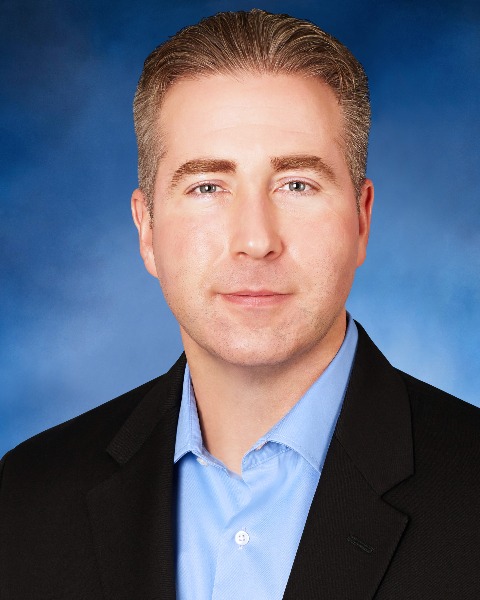Intentional Leadership
Walk in Their Shoes: Fostering Trust and Connectedness
Trust and respect form much of the foundation for effective organizational leadership. Yet how often have frontline workers, both clinicians and others, remarked that their leaders “don’t really know what we are doing here”? Contemporary leadership requires a deep-seated understanding of frontline workers as well as understanding what and how care is being provided to patients. Recent research has also shown the extraordinary importance of trust in organizational recruitment and retention.
This session is designed to advise leaders on how to gain (and maintain) a deeper and more insightful grasp of what takes place in frontline work areas including clinical (nursing units, emergency departments, physician offices, clinics, labs, imaging centers, home care, etc.) and nonclinical areas (dietetics, housekeeping, security, etc.). It is also intended to remind leaders who do have clinical backgrounds not to lose touch with their beginnings.
Leaders need a more profound understanding of what occurs at the front lines and a deeper connection to frontline workers. A stronger knowledge of frontline activity by leaders can help enhance patient quality, safety and satisfaction. Moreover, this deeper knowledge can ultimately help to enhance recruitment and retention. Certain types of rounding are viewed as superficial by frontline clinical workers. On the other hand, deeper immersion styles of rounding can increase trust and help organizations enhance overall employee engagement. This session will provide multiple strategies and actions that leaders can take to deepen their connection to frontline staff.
Learning Objectives:
- Recognize the importance of leaders having a deeper understanding and connection with frontline activity and processes and how this ultimately enhances recruitment/retention, reduces burnout, and enhances patient safety/quality/satisfaction.
- Discuss methods and techniques to raise awareness, knowledge, appreciation and credibility in frontline work activity, to enhance connectivity and trust between frontline workers and senior leaders.

Carson F. Dye, FACHE
President/CEO
Exceptional Leadership LLC
Lily J. Henson, MD, FACHE
CEO
Piedmont Augusta Hub
Brett Lee, PhD, FACHE
Senior Vice President of Operations
Ascension Health
